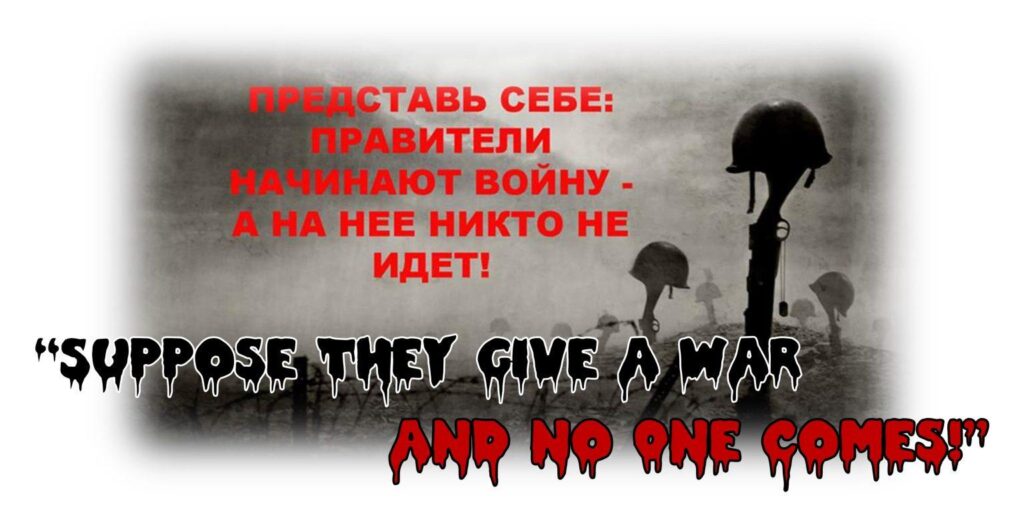“The deep di erences, the national enmity and hatred, which separate states and drive them to ght wars, whatever they may be, end at one point. States and governments all over the world are united, even very united, when it comes to allying against the common class enemy: the proletariat. For the working class, international solidarity has never been empty words. Workers in all countries have always been aware that they share a common fate, that of being oppressed and exploited. And this brought them together, made them united.”
Alexander Schapiro (1882-1946), secretary of the International Trade Unionist Workers’

// Editorial note (2022) // – The translation of this text, published by Martin Veith in 2012, was started a long time ago. We have recently resumed translating it, motivated, on one hand, by the desire to bring to light unknown aspects of local history; and, on the other, by the conviction that history has its lessons, which we can better decipher by looking not so much back, as forward.
The article is devoted to a little-explored theme in the historiography of the anarchist movement in Romania: the opposition that existed before the First World War to militarization and to war.
In general, the period is treated almost exclusively through the prism of a nationalist discourse that glori es the army, the important political gures of the period, or the royal house, painting a picture of an almost complete consen sus regarding Romania’s participation in the war. Few histories of the period mention the deprivations, the revolt of those who refused to die or kill for an illusory “homeland”, the brutal repression of the workers’ movement by the state, or the precarious and harsh conditions of their existence. Too little of the o cial narrative includes the military and humanitarian catastrophe that followed, the destruction, disease and death that was paid for the so-called “national reunication”. At the same time, the workers’ resistance to the war is not to be overlooked precisely because it tells a di erent story altogether, one that, especially today, we should take into consideration. It is not the story of the enlargement of borders, but of the solidarity of those who sought a better life for all, regardless of nationality. It is not the story of cruelty, murder and dehumanization, but of hope, desire for life and resistance. The historical con texts are di erent, but many patterns remain unchanged today. Therefore, the example of those who opposed war and militarization can give us a good oppor tunity to re ect on the society in which we live today, but also the feeling that, in history, not only the voice of cruelty, greed and death (pompously called patriotism) has prevailed and can still prevail, but also the voice of reason, solidarity and life.
Anarhiva